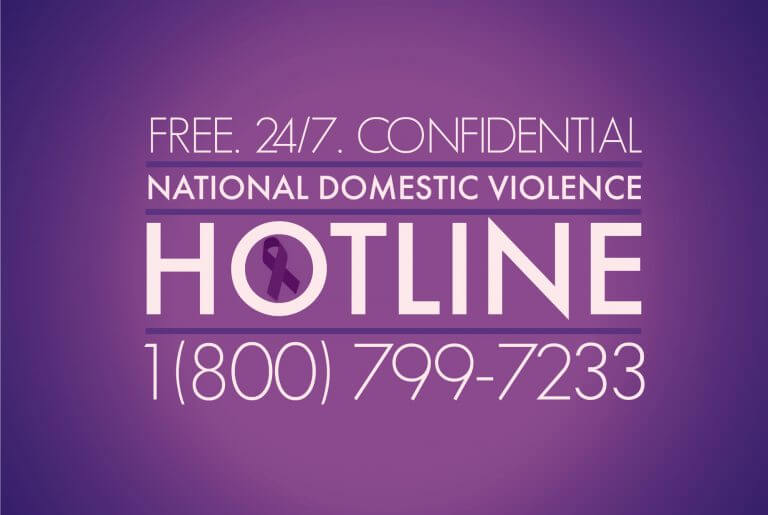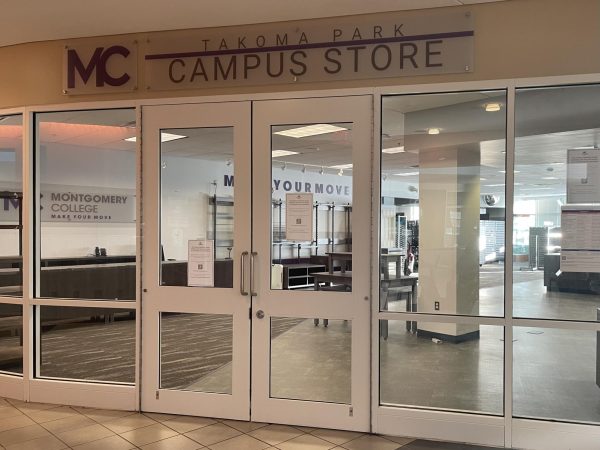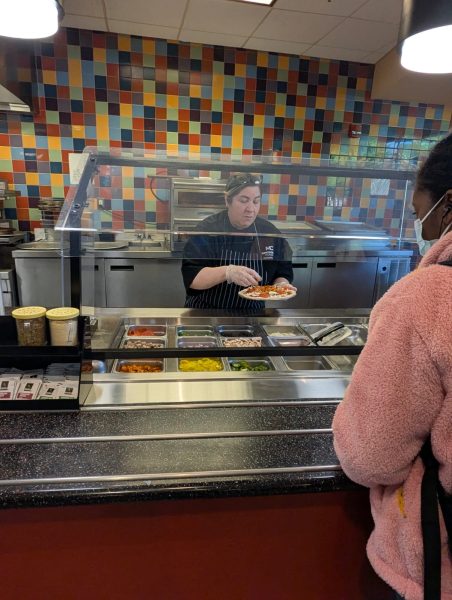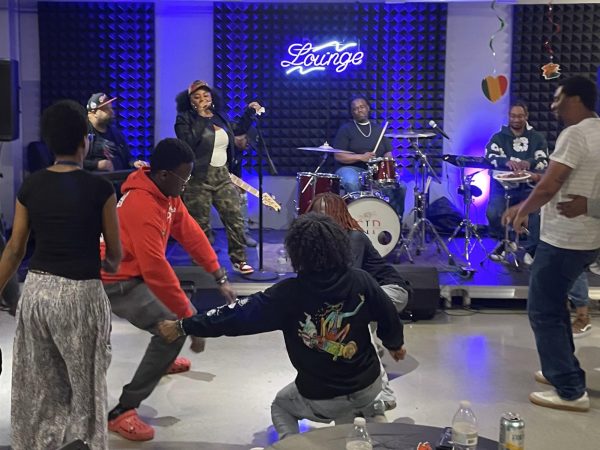Lockdown is Likely Making Domestic Violence Worse
Data shows that job losses and increased time spent at home is probably increasing domestic violence
On August 30th, a Minnesota man, Jason Michael Mesich, 48, shot his wife Angela Lynn, 47, dead, supposedly over lack of sex. Right after the rampage at his own house he targeted the neighbors Makayla Saulter-Outlaw, 12, and her sister, Canisha Saulter, 29. Both are critically injured and Makayla, who was shielding her 1-year-old daughter during the shooting, is still not out of the waters.
This is an extreme case of domestic violence that ended up in the loss of a human life and the harm of three others. Cases of domestic violence have been rising this year, and the reason is likely to be the increased stress due to the lockdown and job losses associated with it. Everyone, including those who were using work, college and other reasons to escape their home abuse.
Last year, according to Maryland Court statistics, 4,322 cases related to domestic violence were received (not counting those that were not reported) with the highest number of 405 being in October of 2019. With this year not over yet, 2351 cases were reported with the highest number of cases being in May with 570 (when the lockdown was starting to rub on some people). With that in mind, the lowest number of Domestic Violence in Maryland over 2 years was reported this year in April with a staggering low number of 66.
This may sound like good news; however, it has become harder for the victims to report their abuse due to them being stuck with their aggressor day and night, under constant surveillance. The victims are disconnected from the social support system and stressed because of job losses and a reduced access to the support that friends and coworkers might provide.
If you need help, call 1 800 799 7233 or text LOVIES to 1 866 331 9474 if you are unable to speak. It is also known of the aggressors to withhold the victims’ ways of communicating with their peers. If you know someone or suspect something do not hesitate to provide support to them by reaching out; build a safety plan together and convince them to report it to the authorities.









